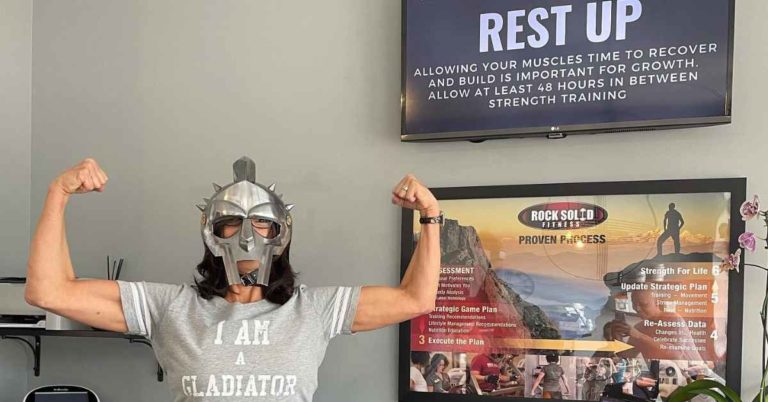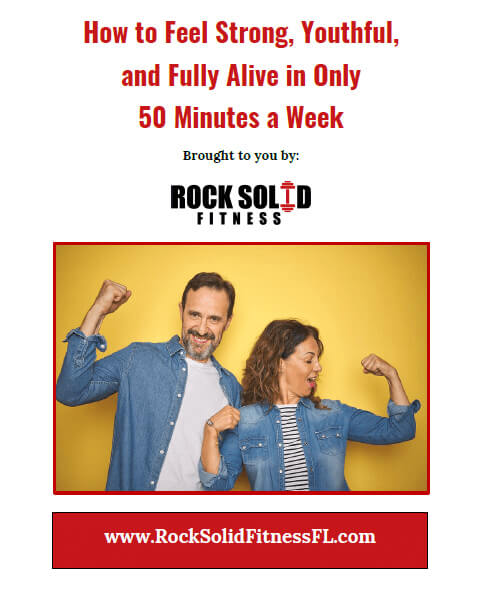Anyone who has ever pushed themselves to the limit during a workout knows the feeling of sore muscles the next day. While some soreness is to be expected, there are ways to minimize the amount of time it takes for your muscles to recover. Let’s take a look at how you can help your muscles recover faster after a workout.
Lifting Weights Will NOT Get You Bigger and Stronger.
Millions of people around the world workout with weights in order to get bigger, stronger muscles. And it is true that the workout has to come first; it is the stimulus that flips the switch and sets muscular change into motion. However, lifting weights, a.k.a. progressive resistance training, will NOT create the bigger, stronger muscles the trainee desires.
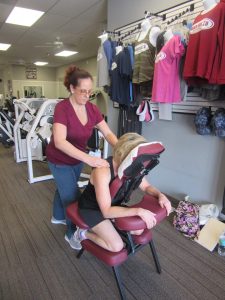
Recover Muscles After A Workout: The Difference Between Stimulation and Production
When you perform a highly intense workout with weights, your brain perceives that as a threat to your survival. Protecting you from such threats in the future, it sets into motion events within your body that will produce additional muscle tissue. The result is that you will be bigger and stronger the next time, and the same exact workout will be slightly easier.
But that series of events within your body doesn’t happen during the workout – the workout merely stimulates these changes. The workout flips the switch, which sets the muscle growth process into motion. So the workout itself is only responsible for the stimulation of muscular growth.
That new muscle tissue is produced by the body itself after the workout is over – the recovery period.
So the workout is for stimulation, and the recovery period is for the production of new muscle tissue. This is a 50-50 proposition; you can’t have one without the other, and they are of equal importance.
The Muscle Recovery Process: Depletion > Compensation > Over-compensation
When you get done with a workout, you don’t feel the same as you did before you started. You feel tired, maybe a little bit drained. Why? Because during the workout, something was used up. You have depleted the materials within your body that was needed to complete the workout. In effect, by working out, you have dug an energy hole.
The first thing that has to happen after a workout is that hole has to get filled in; you have to recover the energy that you used up. Once that energy has been replaced – the hole has been filled in – only then will your body pile some extra muscle on top of where that hole used to be.
So the sequence involved in muscle tissue PRODUCTION looks like this:
Muscle Depletion
This is the energy used after a workout.
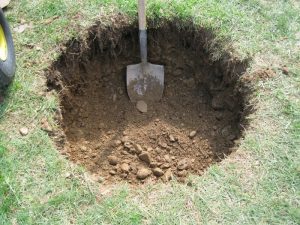
Muscle Compensation
The energy that has been used is replaced.
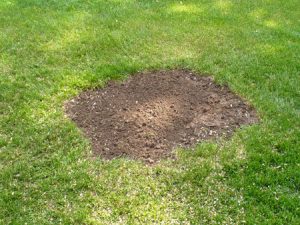
Muscle Over-Compensation
New muscle tissue has been built.
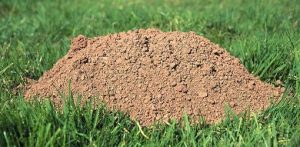
This order is unalterable. First, you stimulate muscle tissue production via your high-intensity workout. And then, your body compensates for the exhaustive effects of that workout. Then, your body over-compensates with the addition of new muscle tissue to protect you against future similar stresses.
Stimulation, then production.
Now, this doesn’t happen in 5 minutes. It takes at least 48 hours, and sometimes up to several days, for your body to run through the full cycle from stimulation to over-compensation.
The recovery process does, however, start immediately following the workout. And studies show that your muscles are most receptive to replenishment within the first 3 hours after the workout. That’s why we recommend that our clients consume a post-workout snack containing about 20 grams of protein, right after their workout.
It’s also why lifting weights every day is a mistake, even if you are training different parts of your body. There is an overall drain on the energy resources within your body systemically when you perform high-intensity weight workouts daily. In effect, you just keep digging a deeper and deeper hole. As John Little, co-author of the book Body By Science, often says, “every day is kidney day”.
Summary
To maximize how to recover muscles faster after a workout, we recommend:
- Train your body as a unit, and rest your body as a unit. Perform full-body strength training workouts, and then stay out of the gym for 2-4 days (or longer in some cases).
- Consume a well-balanced diet to replenish the energy you used in your workout; provide nutritional building blocks needed for over-compensation.
- Get at least 7 hours of sleep every night.
- Consume a post-workout snack immediately (preferably within an hour) after your workout that contains about 20 grams of protein.
The Rock Solid Fitness program is designed to give your muscles the stimulus they need to change while keeping the workouts brief and infrequent enough to allow those changes to occur.
Remember, the idea “more is better” only applies to love, and money-it has nothing to do with exercise. Resolve to give your workout everything you’ve got for the short time you are in the gym, then get out and give your muscles time to recover after the workout. If you do, you’ll see the results you’ve been dreaming of in no time!

